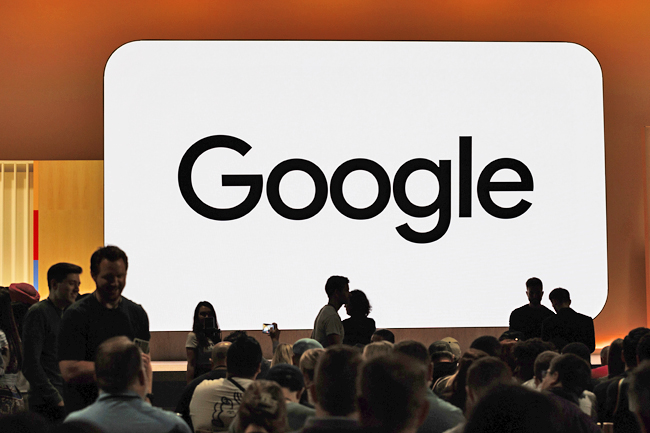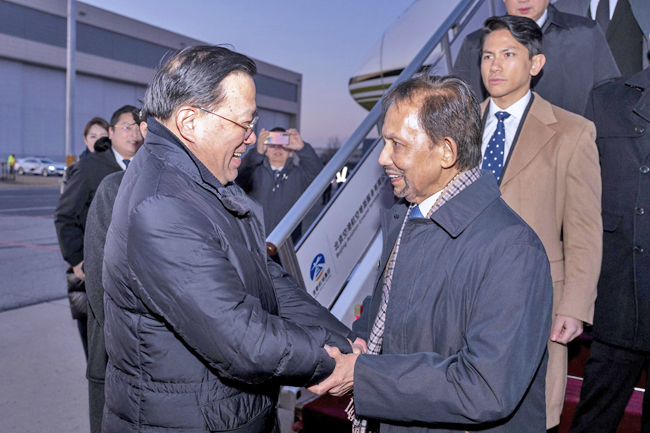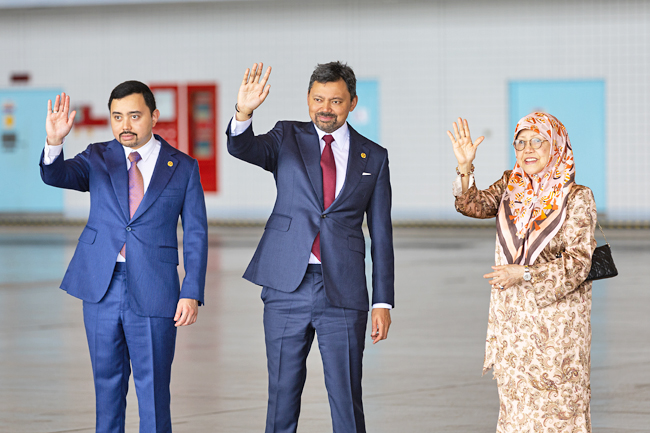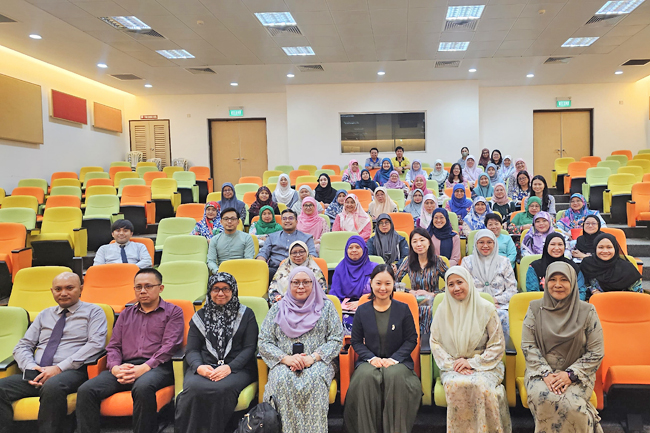SAN FRANCISCO (AP) – Google’s digital ad sales continued to grow at a healthy clip during the holiday season, but that wasn’t enough to offset investors’ worries about whether its big bet on artificial intelligence (AI) will be lucrative as once envisioned.
The October-December results released by Google parent Alphabet Inc showed the company is continuing to reap even more profits from its dominant search engine and other peripheral services.
Alphabet earned USD26.5 billion, or USD2.15 per share, during last year’s final quarter, a 28-per-cent increase from the same time during the previous year. Revenue rose 12 per cent from the previous year to USD96.5 billion. The earnings eclipsed analyst forecasts of USD2.13 per share, but the revenue fell slightly below projections, according to FactSet Research.
More importantly, revenue growth in the Google Cloud division tethered to the AI craze wasn’t as robust as had been anticipated.
That letdown contributed to a more than eight per cent drop in Alphabet’s stock price after the numbers came out. The downturn reversed a recent rally that had elevated Alphabet’s shares to a new all-time high.
“The reaction underscores concerns that rivals like Microsoft, with its OpenAI partnership, are better positioned to convert AI hype into revenue,” said Investing.com analyst Jesse Cohen.
But the AI-generated overviews that Google has been increasingly displaying in at the top of its search results appeared to be helping to bring in more advertising. Google’s ad sales climbed 11 per cent from the previous year to USD72.5 billion to exceed analyst estimates.
“The early signs suggest that AI is working for Google,” said Chief Executive Officer (CEO) of BrightEdge Jim Yu, which helps websites rank higher in search results. “What it does for Google is keep more of the digital experience happening within its search engine. And by the time they send someone to another site, shoppers and readers have already gotten further down their journey. So that visitor is worth a lot more to an advertiser.”
But Google also has spending billions of dollars on its AI expansion, a huge investment that some investors are questioning after the Chinese startup DeepSeek found an effective way to deploy similar technology at a fraction of the cost. Alphabet is expecting its ongoing AI expansion to increase its capital from about USD60 billion last year to USD75 billion this year.
Alphabet CEO Sundar Pichai sought to reassure investors all that spending will pay off by emphasising the way AI is helping to boost Google’s fortunes by attracting more search traffic and making other services more popular.
“The company is in a great rhythm and cadence, building, testing and launching products faster than ever before,” Pichai said.
Before the fourth-quarter results came out, Google made a change that in its AI principles signaling it may be more open to selling the technology in areas that it had previously indicated it would avoid. The revised principles removed previous commitments not to deploy AI in weaponry or surveillance that had been in place since 2018. Pichai didn’t address the change and Google didn’t immediately respond to a request for comment.

















